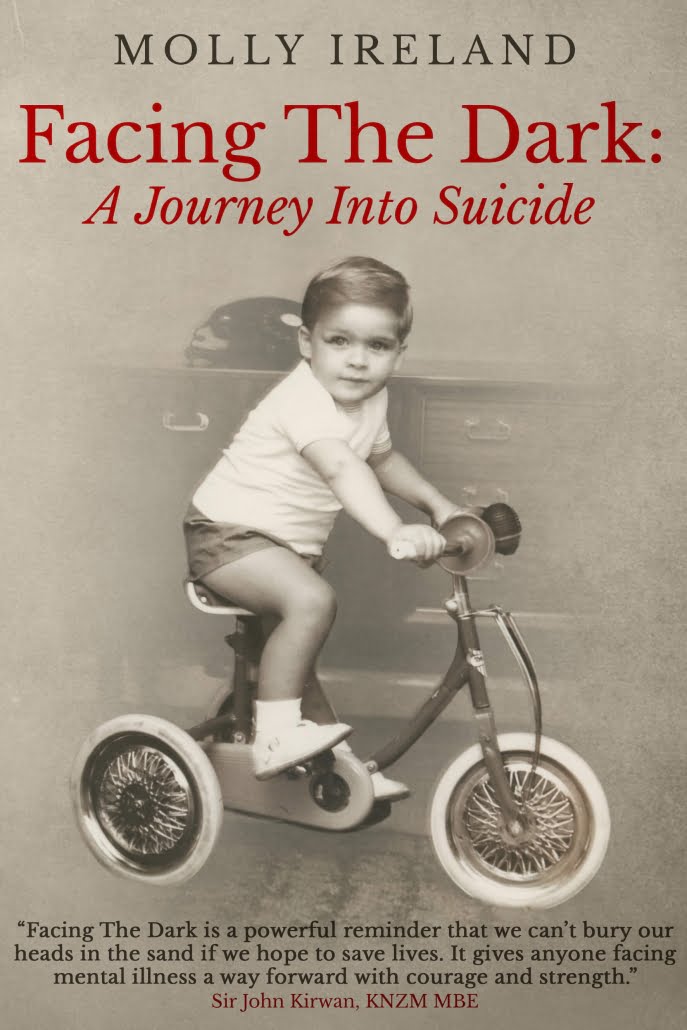Leadership is To Love Thyself
There, I’ve said it. I’ve broken the great unspoken taboo of business, and it’s both exhilarating and risky. And instead of tip-toeing around it, I confess: self-love is at the heart of my corporate coaching success.
A Disconnect.
I have four separate parts to my coaching practice and, while wellbeing, education, and parenting go hand-in-hand, my corporate coaching work has always operated slightly disconnected from the other ones, especially the work I’m most passionate about helping leaders grow their self-love. I separated out my corporate coaching work intentionally because I thought I was supposed to. I did this by watching other coaches do the same thing. I did this by watching senior executives and CEOs recoil whenever I mentioned feelings, never mind the SL concept.
After all isn’t self-love the realm of the weak and those with too much spare time?
We’re told in many different ways that feelings are not the realm of work. Somehow if we express emotion and show our vulnerable underbelly in the office, we’ll be seen as unprofessional at best and incapable at worst. Feelings are the realm of subjectivity and poor judgment, after all.
But wait a minute.
If you ask me of all the things I do with my corporate clients, which one makes the second greatest impact on leadership development and effectiveness, it’s the cultivation of self-love. The first one is living At-Cause instead of At-Effect, but that’s for another post.
Self-love is the regard for one’s own well-being and happiness.
When we turn to Mr. Webster’s description of self-love, it seems benign enough. So why does it terrify the corporate ranks so much? Maybe it has to do with the fact that from a young age, “we are taught to hide, deny and abandon ourselves.” As Sarah Blondin says in her podcast Live Awake: “To condemn emotional pain instead of comfort it.”
So, if it is hard at home, it seems impossible at work where they’re paying us to be smart and capable. Although we don’t want to encourage tears in the workplace, the irony is that if we cut ourselves off from our emotions and deny them too much, they come back to haunt us in the form of below-par interpersonal skills, raging egos, and poor performance. And, as Brene Brown so aptly reminds us: without genuine emotional vulnerability, our lives flatten and we lose the ability to experience connection and joy.
I’ve found that self-love is the absolute foundation of Emotional Intelligence (EQ) or what I prefer to call our “Feeling Intelligence,” and that very few soft skills in business can be mastered without it.
At the heart of all good teams is trust and that is built on people sharing their true feelings with one another.
After doing this work for a long time now and having had the privilege of supporting all sorts personally and professionally, as hard as I try, I cannot see any sense in disconnecting our Feeling Selves from our Work Selves. Because, after all, they’re here to guide us to make good decisions and, as long as we don’t drown in them or use them against people, emotion is key to freeing our best selves in all areas of our lives.
So, it starts with me, being brave enough to allow the Feeling Intelligence its rightful place at the office and to proudly declare that, yes, I am working on loving myself more because I want to be a better leader.






